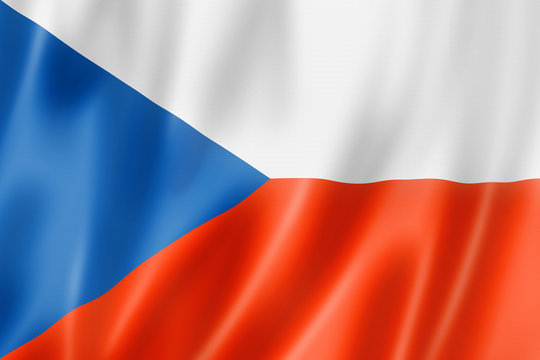New Zealand is renowned for its crystal-clear seas, pure air, magnificent landscapes, incredible Lord of the Rings filming settings, and a high standard of living. The cost of living there will differ from what you are used to in your home nation, though. Furthermore, where you choose to live and your pay both affect how much it costs to live in New Zealand. The cost of living in the country will be examined in this article in terms of housing, transportation, utilities, and entertainment.

Housing
The three most populous cities in New Zealand are Auckland, Wellington, and Christchurch. The most costly towns are Auckland and Wellington, with greater fees for renting homes, dining out, and amusement. Despite having up to 39% more expensive rent than smaller rural communities, these three cities have the greatest number of employment prospects. The cost of living in Christchurch is a little more reasonable than in some other smaller New Zealand cities.
Transportation
When planning your monthly budget and moving to New Zealand, transport expenditures should be taken into account. among the most extravagant public transit networks in the world is Auckland. A monthly bus and rail pass in Auckland will cost you between USD$121.80 and USD$148.86; a boat ticket is a separate expense. The monthly pass in Wellington costs between US$135 and US$165; it is a little more expensive. In Christchurch, transport passes cost between US$65.27 and US$79.77.
Eating out
You can pay between US$66 and US$81 for dinner for two adults at one of the nation’s cheaper restaurants. The cost of an imported beer at the restaurant ranges from $5.66 to $6.92. Additionally, a McMeal in the US costs USD$7.93-$9.69 in New Zealand, making the complete meal comparable in price.
Education
Numerous famous colleges and educational institutes are located in New Zealand, drawing in pupils from all over the globe. Foreign pupils may pay NZD 20,000–40,000 in annual tuition fees for undergraduate programs and NZD 25,000–50,000 in annual tuition for postgraduate programs. It is crucial to remember that these numbers might vary greatly based on the university and area curriculum selected. International students might lessen their financial load by applying for scholarships and other forms of financial aid.
Entertainment and recreation
The price of a movie ticket for an international release might range from $10.20 to $12.46. A monthly gym membership is between $35 and $43. Although there are plenty of possibilities for walking (hiking), cycling, swimming, sailing classes, and other sports within easy reach in even the major cities, many individuals in the country choose to lead an active lifestyle. For weekends or vacation days, you can go on trekking tours or boat day trips.
Groceries and utilities
In New Zealand, utilities are not particularly expensive. Some services, including water and trash collection, are covered by “rates,” the local levies that apply to property owners. These would be included in your rent if you were renting a property. Given the size of your property and the supplier you select for each commodity, the cost of amenities including gas, power, and internet might vary from USD$160 to $200 per month.
The average cost of living in New Zealand
Without factoring in rent, the average monthly cost of living for a single individual in the country is between USD$815 and $1,000. It ranges from US$2,950 to US$3,600 a month for a household of four. Whether you choose to reside in the city center or a little outside will affect your rental expenses which city you choose.
Since their expenses are higher, particularly moving expenses, expats should aim for a larger pay range. Your aircraft ticket will be pricey when you go to the country because of how remote it is from everywhere else in the world. Many expats would also need to factor in other expenses like furnishing the flat, security deposits, and rental agent commissions. Additionally, locals and expats alike frequently choose private international health insurance policies because state health.
You may also find these articles helpful
Things to know before immigrating to New Zealand
Moving to New Zealand: Full relocation guide
Getting a New Zealand passport

